Zodiac (2007)
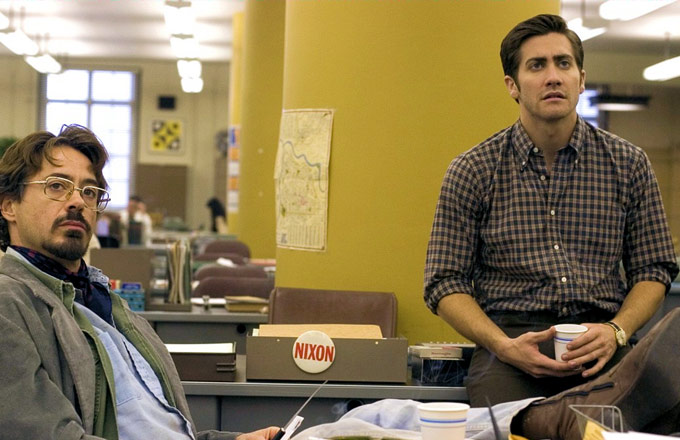
David Fincher movies commonly invite their audiences to watch them more than once – Fight Club and Panic Room, The Game and Seven – but in his accomplished filmography, it’s Zodiac that actively demands multiple viewings. A darling among critics in 2007’s prestige race, Fincher’s mystery yarn finds thrills in real life, rather than invented, human cruelty: here, he stages his personal interpretation of the manhunt for the infamous (and never officially identified) Zodiac killer between the late 1960’s and early 1970’s, in the San Francisco Bay Area. For Fincher, Zodiac feels subdued, reigned in, and unnervingly quiet, which may explain why the film never took off with the pop culture zeitgeist of its day. But for all of its subtler qualities, it’s truly epic in scope and scale, comprising years’ worth of procedural struggle, and the desperate human search for truth, in two and a half hours of running time. Zodiac may not be one of Fincher’s most publicly embraced efforts, but it’s easily one of his best. –Andy Crump
The Curious Case of the Benjamin Button (2008)
In 2008, following a string of stylish and commercially successful thrillers, David Fincher surprised everyone by taking on an adaptation of an F. Scott Fitzgerald short story. Wasn’t this the guy who arrived on the scene by putting Gwyneth Paltrow’s severed head in a cardboard box? But Se7en did end with a Hemingway quote, and the closet classicist did right by The Curious Case of Benjamin Button. Fincher’s retelling of the magical-realist, decades-spanning love story between a strong-willed ballerina and a boy aging in reverse shares its themes on life’s fragile value with the director’s grungier fare. A pair of elegant performances from a prosthetic Brad Pitt and timeless Cate Blanchett illustrate the body’s tragic deteriorations, the poetic core of Fitzgerald’s fable. It turns out all Fincher had to do to earn his first Best Director nomination was put down the weaponized dildo, dress up nice, and work his magic with the masters. -Charles Bramesco
The Social Network (2010)
Pairing the cold Fincher with writer Aaron Sorkin, an infamous booster for idealism, still seems like an off recipe. But Fincher and editors Kirk Baxter and Angus Wall proved game for Sorkin’s mile-a-minute dialogue. And a cast of young white guy up-and-comers were the perfect fit for a Ivy-League’s-full of socially-inept sociopaths. Kicked to the curb for his inability to communicate well, Mark Zuckerberg decides he’ll reshape communication in his own image. And he does it, which makes this a sort of horror movie. The score, Trent Reznor and Atticus Ross’ first collaboration with Fincher, bears this out — reverberating background tones building tension constantly, ominously. Social media, the film suggests, is the true revenge of the nerds. -Daniel Schindel
The Girl with the Dragon Tattoo (2011)
Fincher fans worried that the director had gone soft after the relatively tame Social Network and Benjamin Button had nothing to fear; a ubiquitous best-seller adaptation would give him a perfect chance to get his sick kicks once again. The Girl with the Dragon Tattoo deftly blends violence of two kinds, alternating between unspeakable acts of harrowing cruelty (Lisbeth Salander’s rape, which did a lot to earn Rooney Mara what will surely be the first of many Oscar nominations) and brutality that produces a kind of grim catharsis (when Lisbeth returns to tattoo “I AM A RAPIST PIG” on her tormentor). Atticus Ross and Trent Reznor’s chugging industrial soundtrack sounds even more at home when it scores the permafrost wastelands of Sweden and Rooney Mara inspired a thousand nightmares with a performance that landed somewhere slightly left of the dial from ‘human’. But watching from above is master stylist Fincher, reinventing himself as the faithful servant executing the wishes of a public that can’t stop buying depraved airport novels. –Charles Bramesco
Gone Girl (2014)
If the eyes are the windows to the soul then Rosamund Pike is blessed with peepholes to the abyss, and David Fincher was wise to cast her in his latest prestige pulp. Speaking during a press conference at the 52nd New York Film Festival, where Gone Girl was the opening night gala, the director explained that his choice of leading lady arose from his inability to “get a read on her” previous performances, making her perfect for the film’s mysterious key role. Pike’s obsidian gaze suggests something even more uncanny: Her eyes could be sculpted from the same intergalactic goo that Scarlett Johansson lured her unsuspecting prey to in Under the Skin; going, going, gone indeed. – Luke Goodsell (Here’s our full review)

















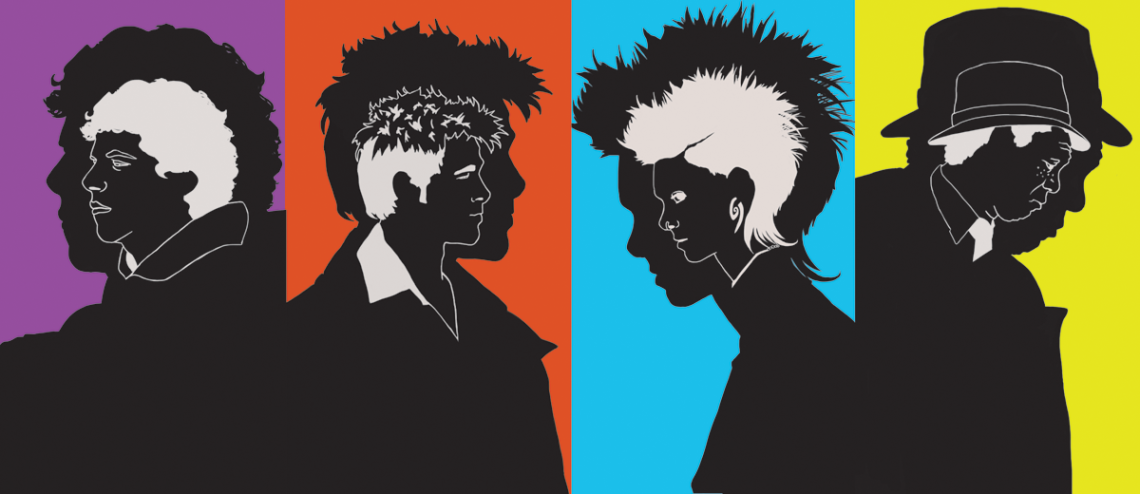
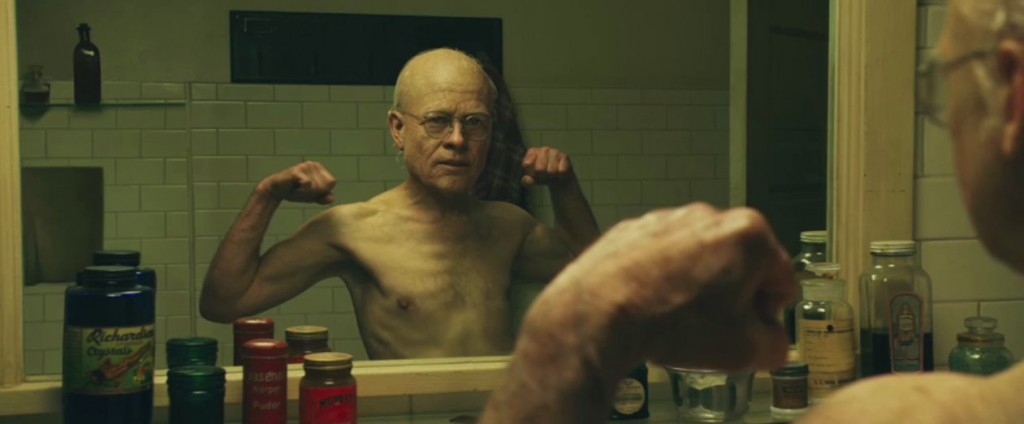
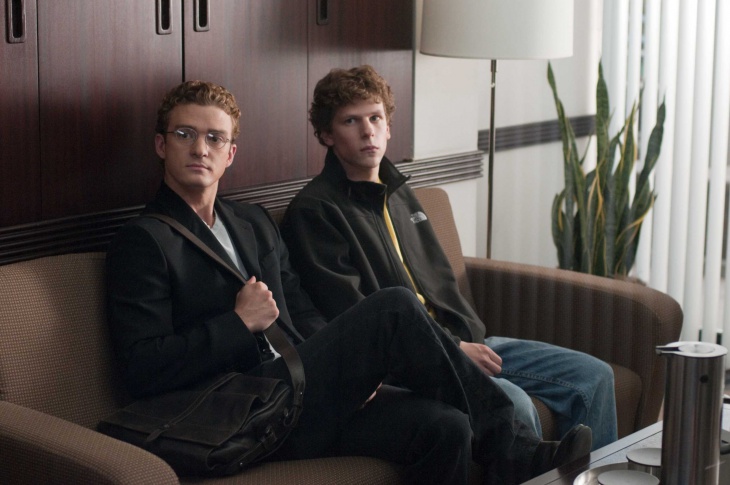
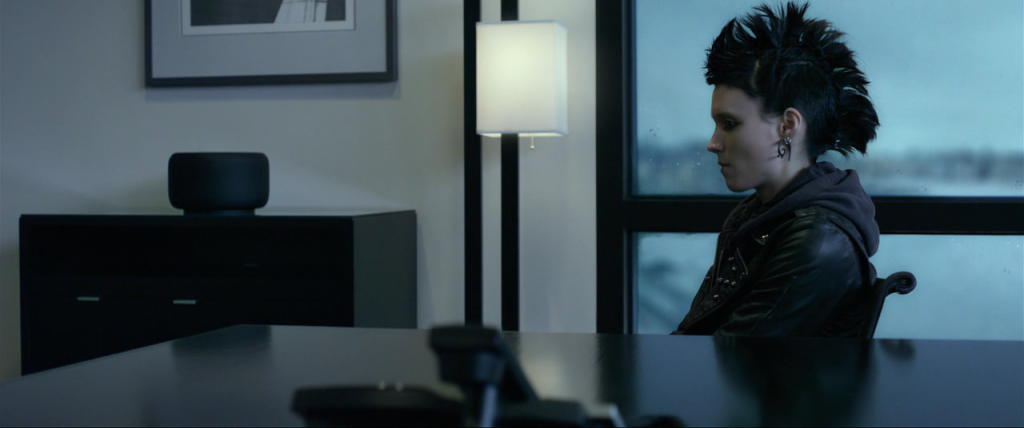
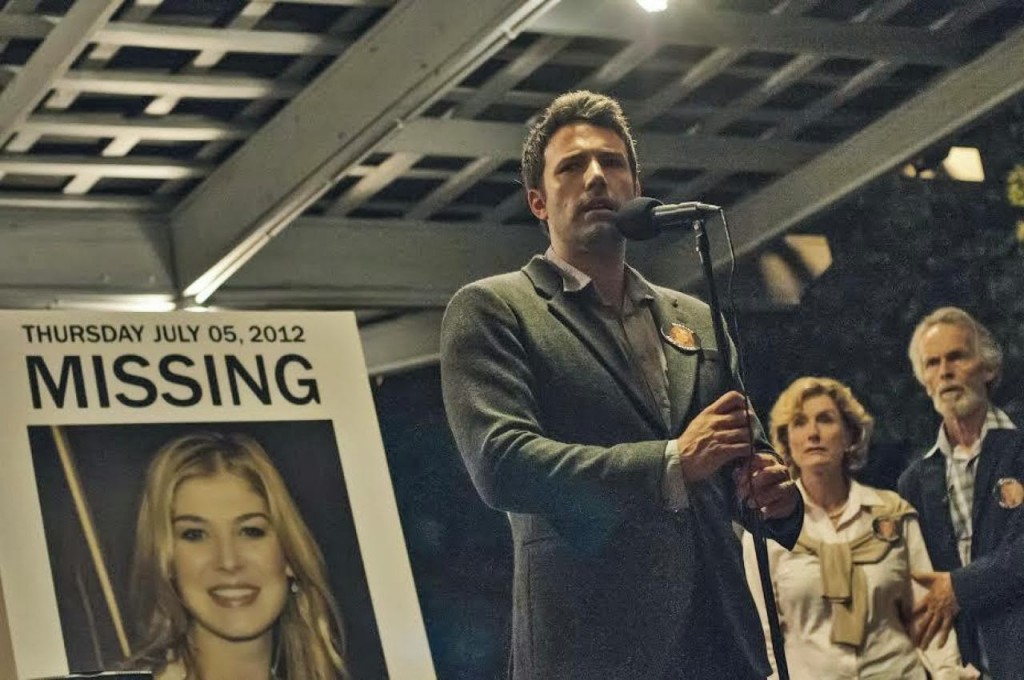
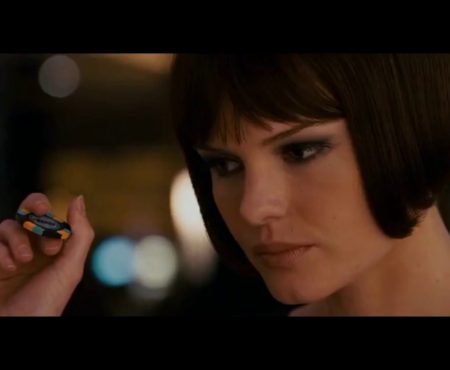

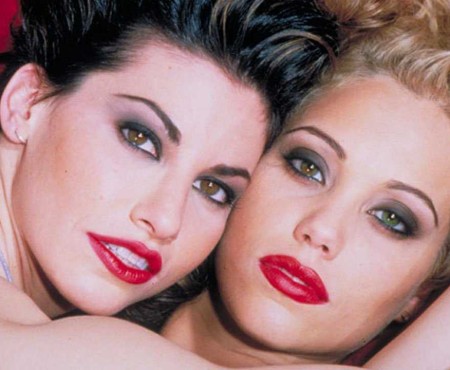
One thought on “Overview: David Fincher”
Pingback: Only After Disaster Can We Be Resurrected: Fight Club at 15 | Daniel Carlson